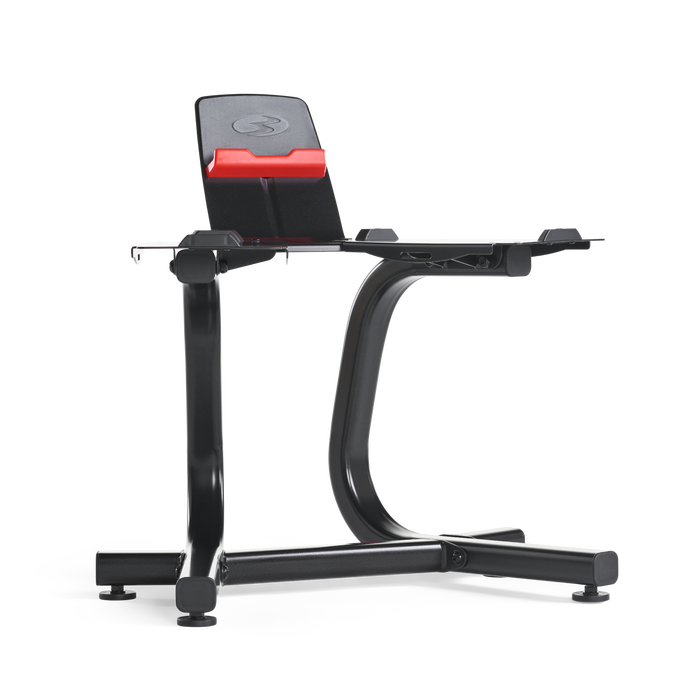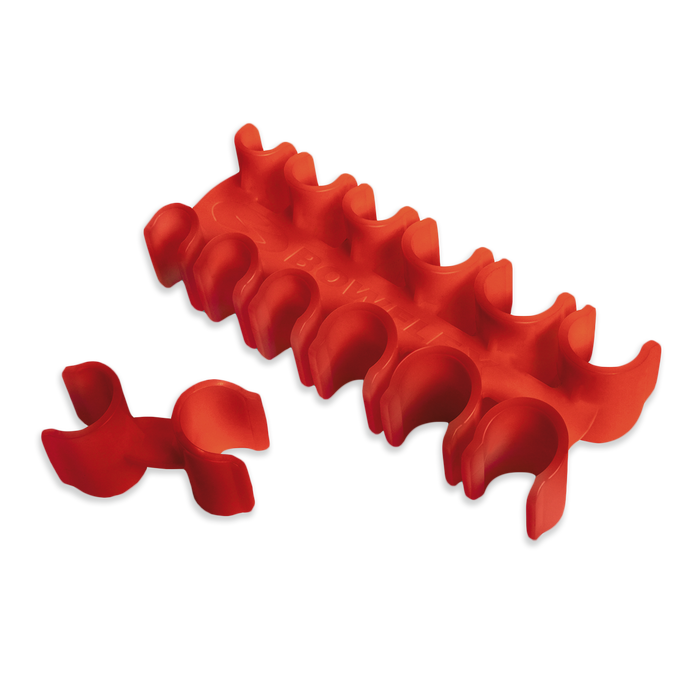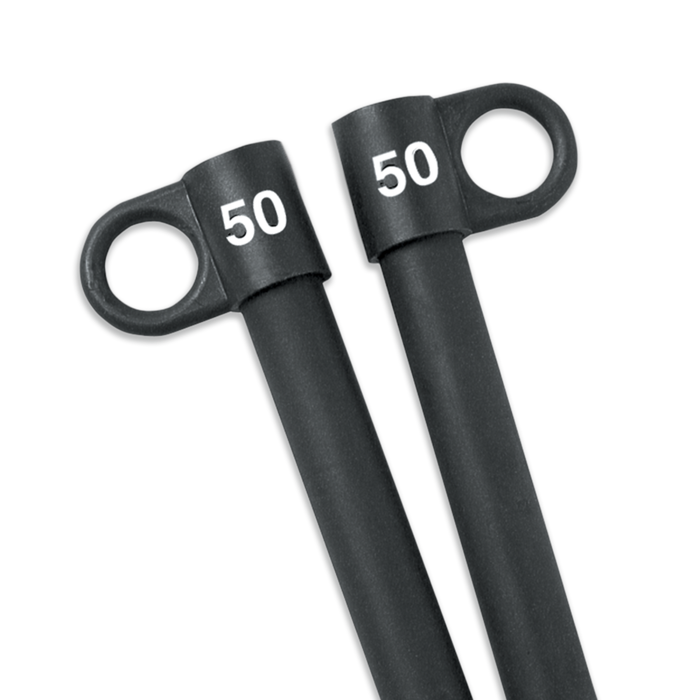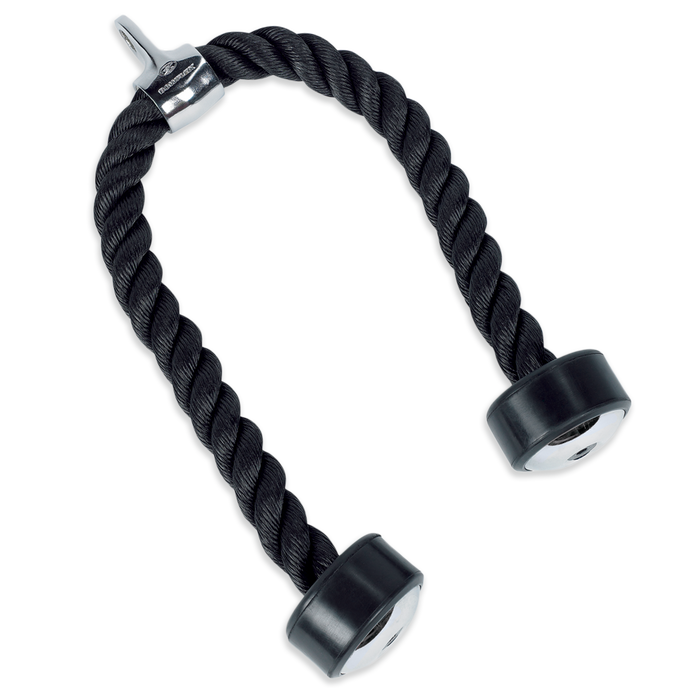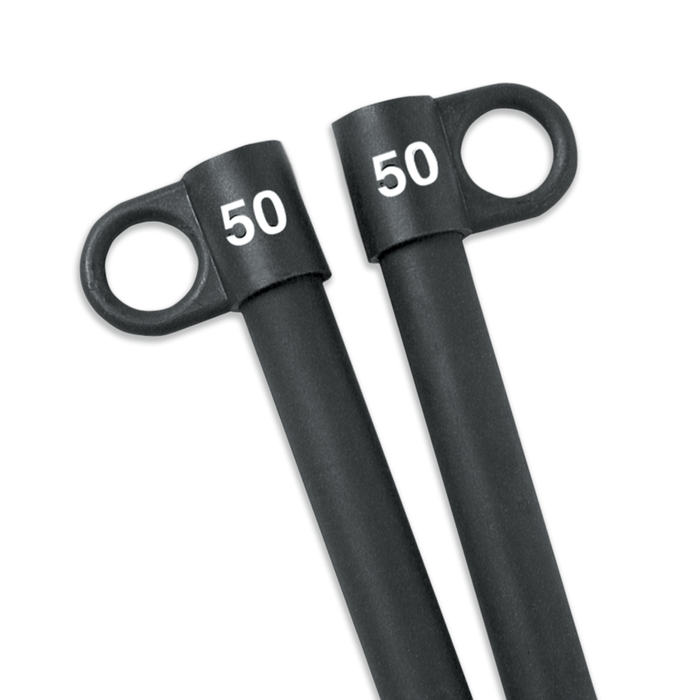A Guide to the Mediterranean Diet

When you hear the word "diet," you likely think of a regimented meal plan or a weight loss-oriented way of eating. What makes the Mediterranean diet unique is that it’s actually not a diet at all. Rather, it’s an overall way of eating versus a specific meal plan. It’s especially popular because of this well-rounded approach to eating that isn’t restrictive.
The diet is based on the common food types and healthful habits from age old traditions of several different Mediterranean regions, including Greece, Spain, southern France, Portugal, and Italy. In this diet, there is an emphasis on plant foods, olive oil, fish, poultry, beans, and grains.
Multiple studies have shown the many health benefits of this way of eating. People who live in the Mediterranean area or follow the Mediterranean diet have a lower risk of various diseases, including obesity, diabetes, cancer, and cardiovascular disease. They are also more likely to enjoy a longer life than people in other regions.
The American Heart Association also gives the Mediterranean style of eating a thumbs-up for supporting a “healthy diet pattern” – meaning it includes a variety of fresh fruits and vegetables, unsaturated fats, oily fish, a moderate intake of dairy, and a low consumption of meat and added sugar.

Some of the foods commonly found in the Mediterranean diet include:
- Vegetables: Tomatoes, peppers, onions, eggplant, zucchini, cucumber, and leafy green vegetables
- Fruits:Melon, apples, apricots, peaches, oranges, and lemons
- Legumes: Beans, lentils, and chickpeas
- Nuts and seeds: Almonds, walnuts, sunflower seeds, and cashews
- Unsaturated fat: Olive oil, sunflower oil, olives, and avocados
- Dairy products: Mainly cheese and yogurt
- Cereals: Mostly whole grain, and include wheat and rice with bread accompanying many meals
- Fish: Salmon, sardines and other oily fish, as well as oysters and other shellfish
- Poultry: Chicken or turkey
- Eggs: Chicken, quail, and duck eggs
For many people, another plus of the Mediterranean diet is that you can drink red wine in moderation.
As always, if you're looking for a healthy food plan, start by consulting with your doctor or dietician.
With a variety of tasty and healthy ingredients to choose from and the freedom to create your own menu, why wait any longer to explore the Mediterranean way of eating?
Get started with this quick and easy no-cook Mediterranean tuna salad – perfect for lunch or dinner.






